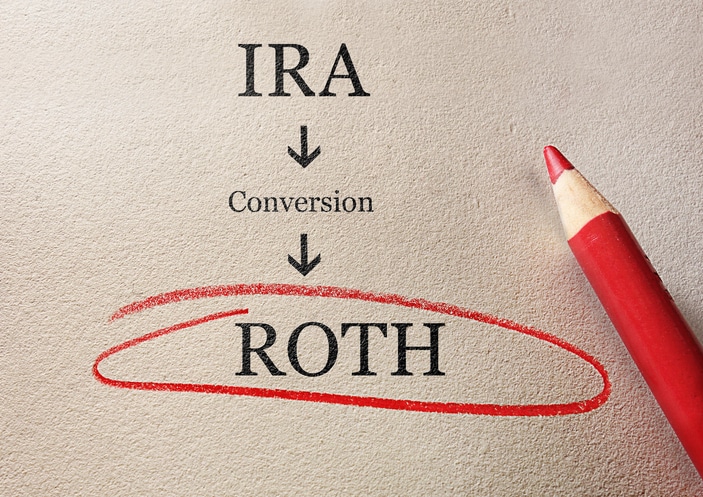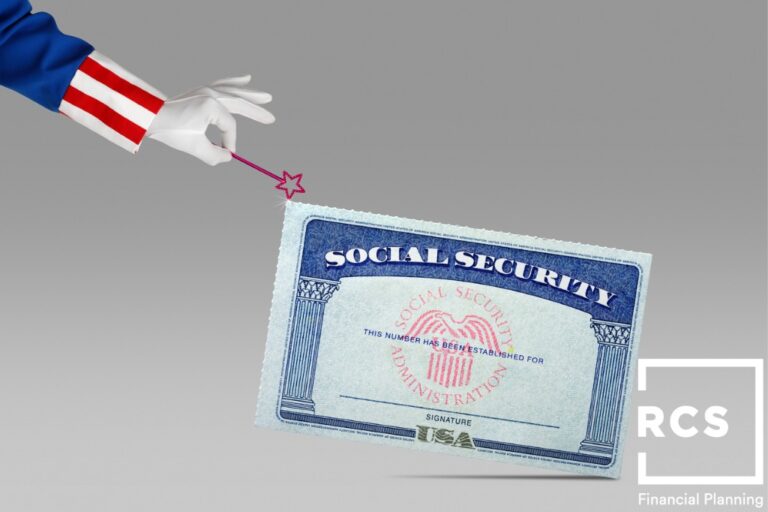Should You Accept the Federal Government’s Voluntary Early Retirement Authority (VERA) Offer?
Introduction
Are you a federal employee wondering if you should accept the government’s Voluntary Early Retirement Authority (VERA) offer? While early retirement sounds appealing, it’s a decision with long-term financial and lifestyle implications.
Many federal agencies use VERA to encourage voluntary departures, helping them reshape their workforce without layoffs. But before you accept an offer, it’s crucial to evaluate how it will impact your pension, benefits, health insurance, and overall financial security.
In this guide, we’ll walk you through the key financial, tax, and retirement considerations to help you make an informed choice. You’ll learn:
Let’s dive in.
What Is the Voluntary Early Retirement Authority (VERA)?
VERA is a federal early retirement program that allows certain government employees to retire before their standard eligibility age. It’s offered when agencies need to reduce staff levels while avoiding layoffs.
Who Qualifies for VERA?
To be eligible for VERA, you must:
- Be at least 50 years old with 20+ years of service, OR
- Have at least 25 years of federal service (regardless of age).
How VERA Differs from Other Retirement Options
- Unlike the Federal Employee Retirement System (FERS) standard retirement, VERA allows earlier departures but often results in lower pension benefits.
- Unlike a Voluntary Separation Incentive Payment (VSIP) buyout, VERA does not offer a lump sum payment—just an earlier pension.
How Does VERA Affect Your Pension?
One of the biggest financial considerations is how VERA impacts your FERS pension calculation.
FERS Pension Formula Under VERA
The formula remains the same:
FERS Pension = (Years of Service) × (High-3 Salary) × (1% or 1.1% Multiplier)
However, there’s a major drawback—your pension will be smaller because you’ll have fewer years of service and a lower high-3 salary.
🔹 Example:
- If you retire at 50 with 20 years of service, your pension is 20% of your high-3 salary.
- If you worked until 60 with 30 years of service, your pension would be 30% of your high-3 salary.
- That’s a 33% reduction in lifetime pension income just by retiring early.
What About the FERS Special Retirement Supplement (SRS)?
- If you take VERA before age 62, you may still receive the FERS Special Retirement Supplement (SRS), which bridges income until Social Security starts.
- However, the SRS stops at 62 and is subject to the earnings test if you work after retirement.
Health and Insurance Benefits After VERA
Federal Employees Health Benefits (FEHB) – Can You Keep Your Coverage?
Yes—but only if you meet the requirements:
🚨 Warning: If you don’t meet the 5-year rule, you lose FEHB coverage permanently.
What About Federal Employees’ Group Life Insurance (FEGLI)?
- FEGLI can continue, but premiums increase as you age.
- Carefully compare FEGLI with private life insurance options.
Tax Implications of Early Retirement Under VERA
Impact on Your Tax Bracket
Retiring early means a lower income, potentially placing you in a lower tax bracket. However, this could be an opportunity to:
TSP Withdrawals & the Age 55 Rule
Normally, federal employees can withdraw from TSP penalty-free at 55 if they retire.
State Taxes on Your Federal Pension
Some states do not tax federal pensions, while others tax them heavily. If you’re considering relocating, check state tax policies first.
Not sure if you’re missing anything in your retirement plan?
These 3 free checklists cover retirement planning, tax strategies, and important financial deadlines—so you can make informed decisions with confidence.
Pros and Cons of Accepting VERA
✅ Pros:
❌ Cons:
Real-Life Scenarios: When VERA Makes Sense (or Doesn’t)
📌 Case Study #1: A Good VERA Decision
Sarah, a 54-year-old federal employee, had 25 years of service and planned to work another 5 years. However, she had significant savings and wanted to start a consulting business. Since she kept her FEHB benefits and didn’t need TSP withdrawals, she took VERA and successfully transitioned into private consulting.
📌 Case Study #2: A Bad VERA Decision
John, a 52-year-old employee, took VERA without realizing his FEHB eligibility was at risk. After retiring, he discovered he didn’t meet the 5-year rule and lost his federal health benefits permanently.
🚨 Lesson: Run the numbers and ensure you meet all eligibility criteria before accepting VERA.
Steps to Take Before Making a Decision
1️⃣ Assess Your Finances – Do you have enough savings to sustain early retirement?
2️⃣ Check Your FEHB Eligibility – Have you been enrolled for 5+ years?
3️⃣ Understand Your Pension Reduction – How much will your pension be reduced?
4️⃣ Consult a Financial Advisor – Get a professional review before making a final decision.
FAQs About VERA Retirement
❓ Can I work another job after taking VERA?
✔️ Yes, but if you earn too much, you could lose the FERS Special Retirement Supplement.
❓ Will my pension be reduced permanently?
✔️ Yes. If you take VERA, your pension amount will not increase later.
❓ How do I know if I should take VERA?
✔️ If you need immediate income, qualify for FEHB, and have a plan, it may be worth it. Otherwise, waiting could result in a larger pension.
Final Thoughts: Should You Take the VERA Offer?
Accepting VERA is a major life decision. While it offers early retirement benefits, it also comes with financial trade-offs. Before you decide, carefully evaluate:
✔️ Your pension reduction and if you can afford it.
✔️ Your health benefits eligibility under FEHB.
✔️ Your long-term financial and tax strategy.
Ted Toal is a Certified Financial Planner™ specializing in retirement income and tax planning for affluent professionals and business owners. With over 25 years of experience in wealth management, Ted helps clients transform retirement uncertainty into financial confidence through dynamic planning strategies.
This material is provided for educational, general information, and illustration purposes only. You should always consult a financial, tax, or legal professional familiar with your unique circumstances before making any financial decisions. Nothing contained in the material constitutes tax advice, a recommendation for the purchase or sale of any security, or investment advisory services. This content is published by an SEC-registered investment adviser (RIA) and is intended to comply with Rule 206(4)-1 under the Investment Advisers Act of 1940. No statement in this article should be construed as an offer to buy or sell any security or digital asset. Past performance is not indicative of future results.






